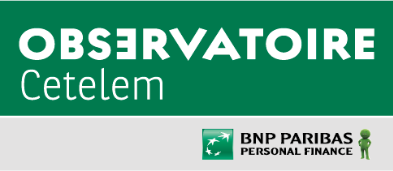Document type : Survey report by Harris Interactive for Les Zooms de L'ObservatoireCetelem
Authors: Harris Interactive
Preview: Key points: what can we learn from this survey?
- 23% of the French population state that they consider the treatment of animals to be one of the three most important issues for civil society. Even though most of them still feel ill-informed on the subject, they have a clear idea of institutions and industries that, in their opinion, fail to respect animal welfare, including all those that exploit animals in whatever way (farms, abattoirs, hunts, circuses, etc.).
- Accordingly, 93% of people in France want legislation to be strengthened to better protect animals. Almost without exception, the French are in favour of both awareness-raising measures relating to the needs of animals and punitive measures in cases of mistreatment (more than 8 out of 10 French people support each of these measures).
- While they share concern for animals, the French are nevertheless sharply divided on the ethics of the matter (should human well-being take precedence over that of animals? - 53% say yes; is it necessary for humans to carry out animal experimentation? 47% yes). And these questions influence the way they behave as consumers: although the majority are not ready to stop eating meat altogether and consider that it is possible to combine an omnivorous diet with respect for animals, 58% say they have reduced their meat consumption, mainly for reasons of principle.
- Even if the French as yet know little about pet therapy, they are enthusiastic in their approval of the principle and widely perceive its benefits for the population as a whole. Thus, 85% of them encourage the use of animals in retirement homes to provide company for residents. The French look on pet therapy as a beneficial exchange between humans and animals (78%), rather than as a new form of exploitation (22%).




